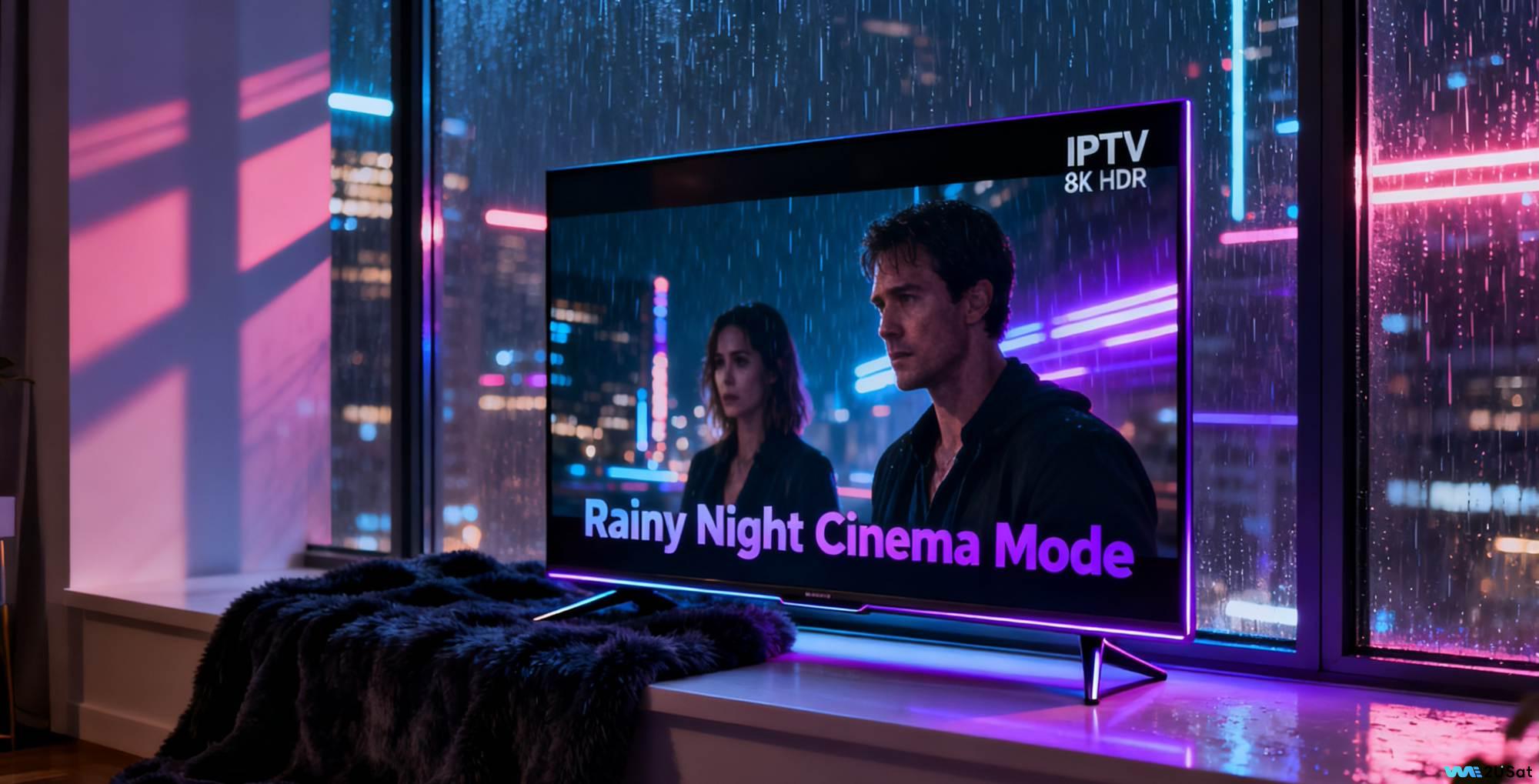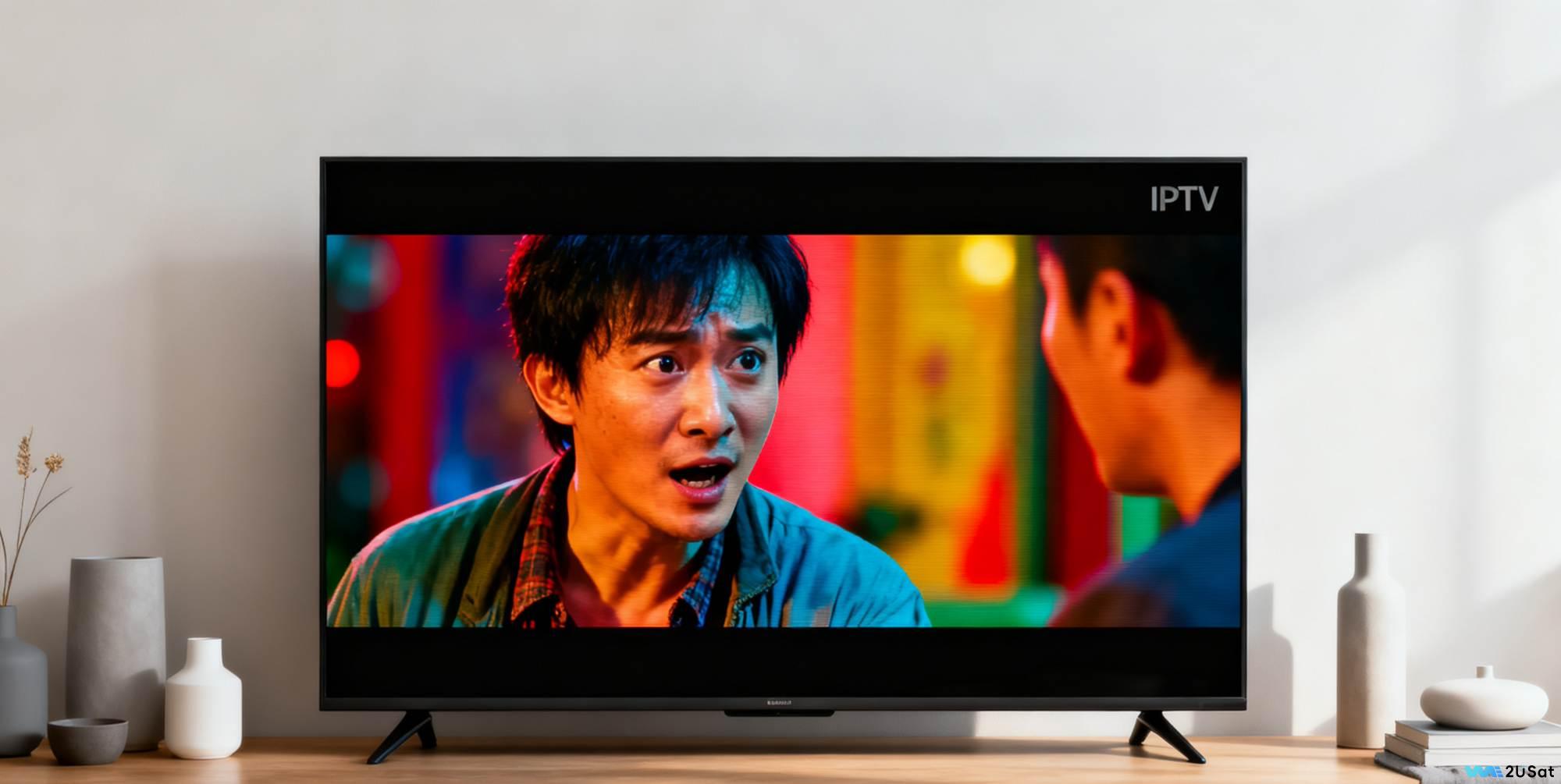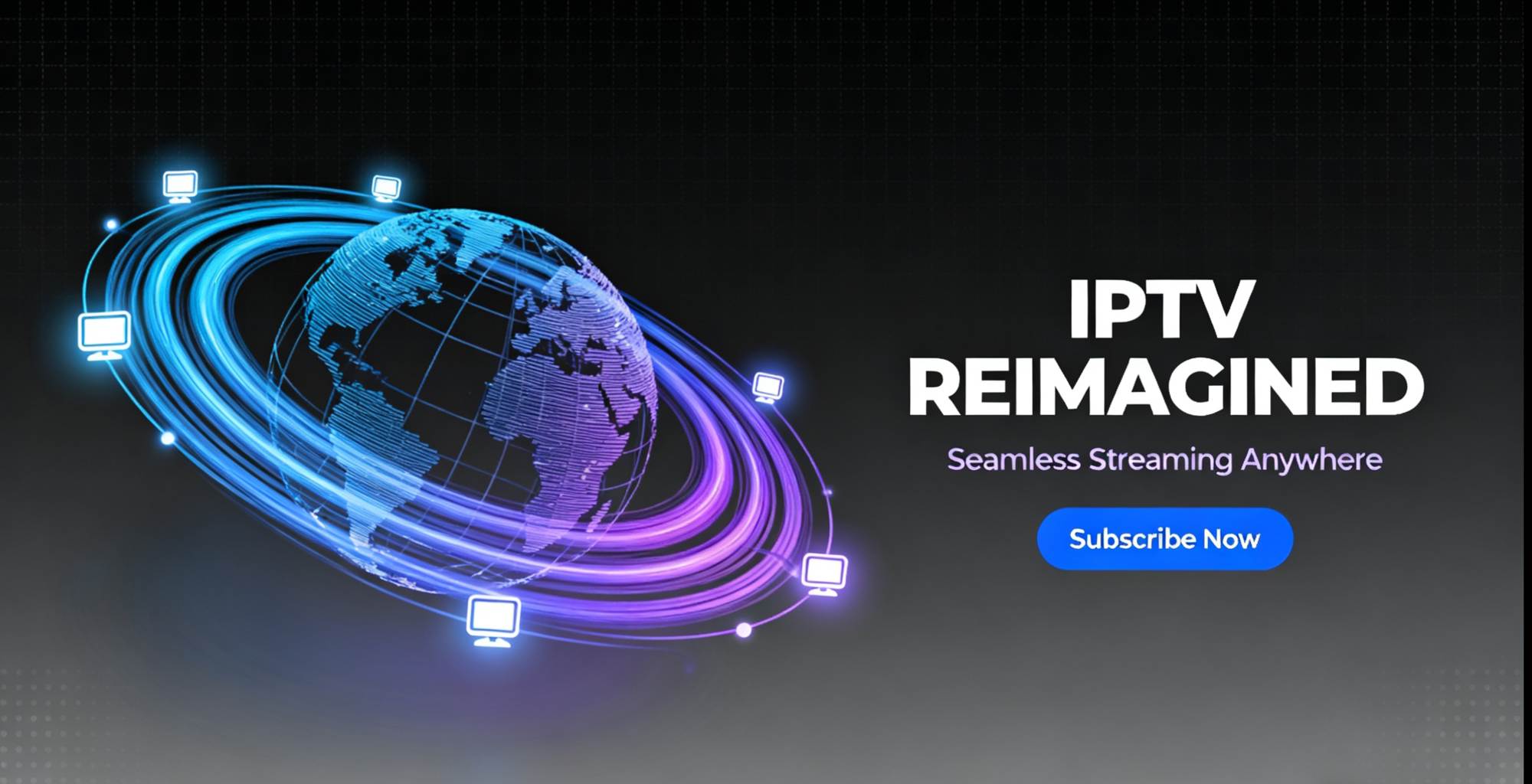As streaming technology rapidly evolves, Internet Protocol Television (IPTV) has become a significant alternative to traditional television services. However, users often encounter various practical issues when selecting and using IPTV services. This article provides comprehensive analysis and solutions from multiple perspectives.
content
Can Internet Providers Block IPTV?
Is Paid IPTV Worth the Investment?
Netflix vs IPTV: Which is Better?
Do You Need Special Equipment for IPTV?
Benefits of Dedicated IPTV Devices
IPTV Without Dedicated Equipment
Is IPTV Legal in the USA?
Compliance Analysis
From a technical standpoint, IPTV operates within legal boundaries in the United States. Established services like YouTube TV and Hulu + Live TV comply with relevant regulations, ensuring proper content licensing. However, users should be aware that some unauthorized content providers may engage in copyright infringement, posing potential risks.When choosing services, prioritize providers with official licensing and transparent operations. Consulting professional forums like TROYPOINT and user reviews can help verify provider compliance status.
Can Internet Providers Block IPTV?
Network Restrictions
Internet Service Providers (ISPs) may manage high-bandwidth applications, which can occasionally affect IPTV playback quality. Users might experience buffering or reduced video quality, particularly during peak hours.
Optimization Recommendations
● To ensure smooth streaming:Use VPN services like NordVPN to encrypt traffic and prevent speed throttling
● Maintain adequate bandwidth (15+ Mbps for HD, 25+ Mbps for 4K content)
● Consider wired Ethernet connections
● Implement VPN services to bypass ISP restrictions and enjoy uninterrupted IPTV

Is Paid IPTV Worth the Investment?
Paid IPTV Services
Services like Philo or YouTube TV ($20-80 monthly) offer premium features including 4K/6K streaming, anti-buffering technology, and cloud DVR capabilities. Licensed content from channels like HBO ensures reliability and compliance, backed by robust customer support. While paid IPTV represents a reasonable investment for viewers seeking flawless playback and exclusive programming, the overall value proposition remains questionable due to high monthly fixed costs.
Free IPTV
Free IPTV accessed through FTA channels or devices like WE2USAT offers clear cost advantages but may suffer from unstable video quality and compliance issues. Users should make selections based on individual needs and budgets. One-time purchases can provide access to over 2,000 channels - learn more about “one-time payment, lifetime access.”
Netflix vs IPTV: Which is Better?
Netflix
In the on-demand streaming sector, Netflix maintains industry leadership with its vast library of exclusive series, films, and documentaries. Pricing ranges from $6 to $20 monthly, catering to different budget segments. However, the platform has significant limitations: no live TV channels, sports broadcasts, or multilingual international channels. While Netflix’s curated content maintains high quality, its library remains restricted to proprietary content without custom playlist options or live broadcasting features.
IPTV Advantages
IPTV excels in live television, global channels, and customizable playlists through applications like IPTV Smarters Pro. Free options like FTA channels or devices such as Magabox offer viewing freedom, while paid IPTV provides sports coverage and catch-up features unavailable on Netflix. However, IPTV quality can be inconsistent and requires stable internet. Choose Netflix for consistent on-demand content, or IPTV for live television and diverse programming.

Do You Need Special Equipment for IPTV?
Benefits of Dedicated IPTV Devices
Devices like we2usat significantly lower streaming barriers with plug-and-play design. Simple HDMI connectivity combined with Wi-Fi or Ethernet options adapts to various home environments, providing immediate access to pre-configured services or popular IPTV applications like TiviMate. Stable support for 4K and even 6K playback makes these devices ideal for users seeking convenience and high-performance viewing without complex setup processes.

IPTV Without Dedicated Equipment
IPTV also supports device-free usage. Smart TVs and Google TV devices can directly download and run applications like IPTV Smarters Pro. For non-smart TVs, users can cast content from smartphones or computers using Chromecast or Roku. While this provides budget-friendly flexibility, dedicated devices typically offer superior picture stability and responsive performance.
7-Day Catch-Up Functionality
Most legitimate IPTV services include program catch-up features, allowing flexible viewing schedules - particularly valuable for users who cannot watch live broadcasts. Applications like TiviMate or IPTV Smarters Pro enhance this functionality through intuitive Electronic Program Guides (EPG), enabling easy navigation of past programming. Verify provider support through forums like IPTV Insider. Devices with ample storage like we2usat support seamless catch-up, optimizing IPTV for busy users.

Network Privacy Protection
VPN services effectively:
● Protect user privacy data
● Prevent network throttling
● Access geo-restricted content
While not essential, VPNs like ExpressVPN or Surfshark are valuable tools for privacy-conscious users. These services encrypt traffic, prevent ISP throttling, and mask IP addresses while legally unlocking geographically restricted FTA content. Select VPNs with high-speed servers and no-log policies for optimal 4K streaming. Though not mandatory, VPNs can elevate IPTV to a secure, unrestricted viewing experience.
Service Quality Optimization
Key factors affecting IPTV quality include:
● Network connection status
● Provider server performance
● Device processing capability
Ensure internet speeds exceed 15 Mbps (HD) or 25 Mbps (4K). Maintain stable connections using Ethernet or dual-band Wi-Fi. Devices with anti-buffering technology like Magabo optimize performance. Choose verified services like YouTube TV for reliable servers, or review free M3U playlists on trusted platforms like GitHub. Regular firmware updates and VPN usage further stabilize streaming for smooth, enjoyable viewing.

IPTV Bandwidth Requirements
IPTV bandwidth consumption varies by quality:
● HD content: 5-10 Mbps
● 4K content: 25-50 Mbps
For multiple simultaneous streams, upgrade to higher bandwidth plans and configure network priority settings properly. For IP setup details, follow “network IP configuration.”
Conclusion
Despite apparent shortcomings including legal compliance risks, ISP throttling, and fluctuating video quality, these challenges haven’t diminished IPTV’s potential in the streaming landscape. By leveraging compliance-verified services, combining with monthly fee-free dedicated devices like we2usat, and utilizing adaptable applications like TiviMate, users can effectively address these issues and enjoy superior streaming experiences in 2025.



